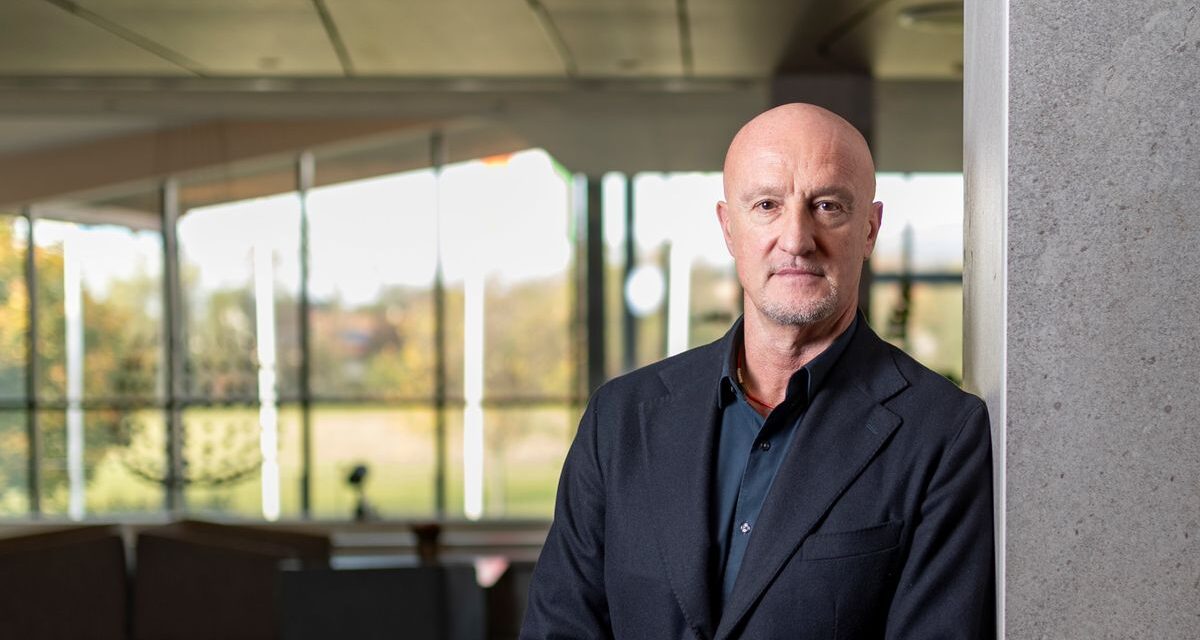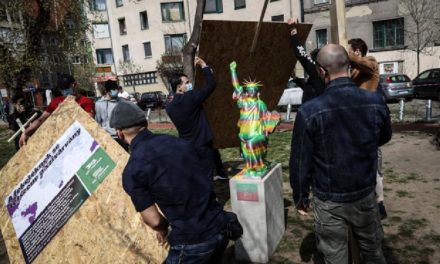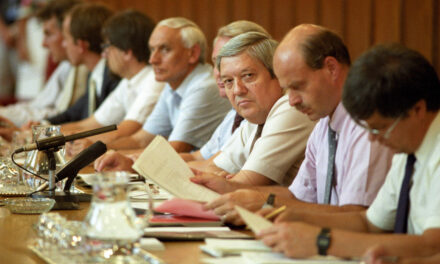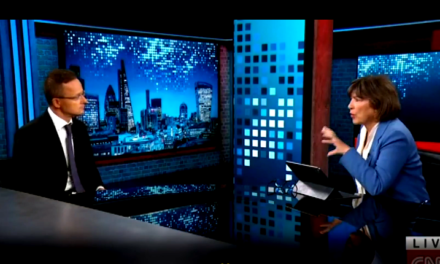In the interview, Marco Rossi talks about Orbán's relationship with Viktor Orbán, the acquisition of Hungarian citizenship, and the goals set for the national team.
Congratulations on obtaining Hungarian citizenship, I can say with millions of my compatriots: Welcome! What was the road leading to the October swearing-in?
A year ago, Sándor Csányi, the president of the Hungarian Football Association, asked if I would like to take up Hungarian citizenship, and I said yes. I am proud to be a Hungarian citizen, partly because of my childhood ties, and partly because I really feel at home in Hungary. This is mainly due to people's attitude, everyone is especially nice to me, and not only in recent years. Despite the fact that I am a foreigner, the Hungarians treated me with great love and respect from the very beginning. I'm sure there are people who don't feel the same way, but I find that the vast majority of people like me anyway, and that makes me very, very proud.
What did you discuss with the President of the Republic at the ceremony?
He was very nice, he said that he appreciates the work we do for the national team, since we do it for Hungary, and he supports us. He wished them the best for the remaining matches, and for the upcoming match against Serbia, he also wished them a lot of success.
The Prime Minister also congratulated you on your acquisition of citizenship. Have you talked to him lately?
Yes. We have met several times before at matches in the stadium or at other events. By the way, Viktor Orbán is really an expert in football, you can feel this immediately when you talk to him about football. Of course, that doesn't mean he ever gave me advice on what to do and how to do it. He was always kind and appreciated our work. I feel like I have a good relationship with him. It's true, I never talk about politics - I don't even understand it. Let's just say that the prime minister knows football much better than I do politics.
Taking citizenship can be a symbolic gesture, but whoever says the words of the oath surely feels that it is much more than that: "I swear that I regard Hungary as my country. I will be a loyal citizen of Hungary, I will respect and uphold the Basic Law and the laws. I will protect my country to the best of my ability, I will serve it to the best of my abilities." This means a strong commitment.
Naturally. But this - without saying those words at the time - this is how I feel from the moment that I hold this office. I remember in one of the first interviews I gave as national team captain, they asked me about my goals, and I answered that I wanted to leave my mark as the leader of the national team.
It worked.
Maybe yes. (Laughs) Today we can say that we have achieved something, but we still have many important goals ahead of us. We want to lay the foundations for Hungary's future national team. The next two years will be very important. We have specific goals: firstly, a good performance in the European Championship, then in the Nations League, and most importantly, we want to successfully complete the World Cup qualifiers.
As a member of the "orphaned" generation of fans born in the eighties, I am not the happiest because of the success that has not been seen in the European qualifiers for decades, but because I no longer have to watch the matches with a stomach ache, knowing that if we get one or two goals, it means certain defeat. The mentality has changed spectacularly, as the national team regularly turns from a losing position or draws games - four this year. What was your role in this?
The fact that this was achieved is due to the fact that all players perfectly understand what the staff said and apply our instructions. Both we and they will do everything we can to succeed, and that's what people want to see from the national team. Every player and staff member puts their heart and soul into the games and the fans reward this attitude and our efforts. We want to represent them and thus Hungary in a dignified way, this is the priority for the players.
Featured image: Source: Mandiner / Márton Ficsor












